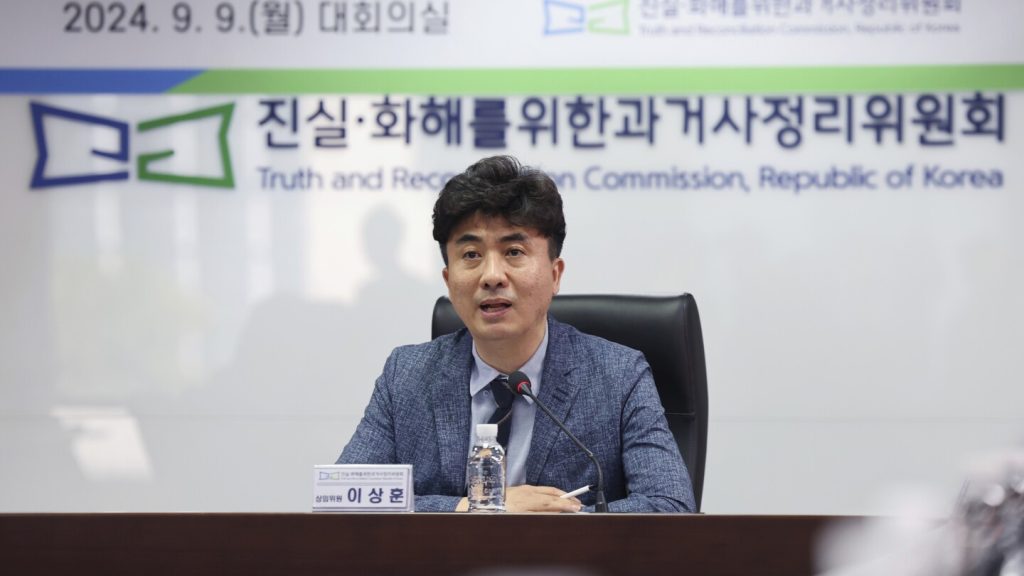The Truth and Reconciliation Commission in South Korea has uncovered evidence that women were coerced into giving up their babies for foreign adoptions at government-funded facilities in the 1960s to the 1980s. These facilities, where thousands of people were confined and enslaved, were part of a profit-seeking enterprise that exploited vulnerable individuals, including children and adults who were often subjected to abuse. The commission’s latest report focuses on four similar facilities across the country, shedding light on the atrocities committed during the country’s past military governments. The investigation revealed that adoptions from these facilities were part of a larger foreign adoption program, with children being sent abroad to countries like the United States, Denmark, Norway, and Australia.
According to Ha Kum Chul, one of the commission’s investigators, records show that at least 20 adoptions took place from two of the facilities in 1985 and 1986, coinciding with the peak of South Korea’s foreign adoption program. Most of the children adopted were newborns, transferred to adoption agencies that then placed them with families overseas. While some records suggest that women willingly consented to giving up their children, others indicate that they were pressured to do so. The commission’s findings raise concerns about the ethical practices surrounding these adoptions and the lack of oversight during that period.
The commission’s investigation also revealed high death tolls at the facilities, with a significant number of inmates reported dead from certain facilities in specific years. Additionally, the transfer of inmates between facilities suggests a system of labor-sharing that likely increased profits and prolonged the confinement of individuals. This “revolving-door” scheme highlights the exploitative nature of these facilities and raises questions about the treatment of the inmates and the lack of accountability for their well-being. The report also pointed to the government roundups aimed at beautifying the streets during the 1980s as a driving force behind the increase in the population at these facilities.
The commission’s findings underscore a dark chapter in South Korea’s history, with the systematic abuse and exploitation of vulnerable individuals at the hands of the government and profit-seeking enterprises. The revelations of coerced adoptions and inhumane treatment at these facilities shed light on a previously concealed aspect of the country’s past that has implications for the victims and their families. The commission’s ongoing investigations into human rights violations related to these facilities aim to bring justice to the victims and hold accountable those responsible for the atrocities committed during that period. It is crucial to uncover the truth behind these abuses and ensure that such injustices are never repeated in the future.


